Slitting machine operation process: slitting machine practical operation specific process
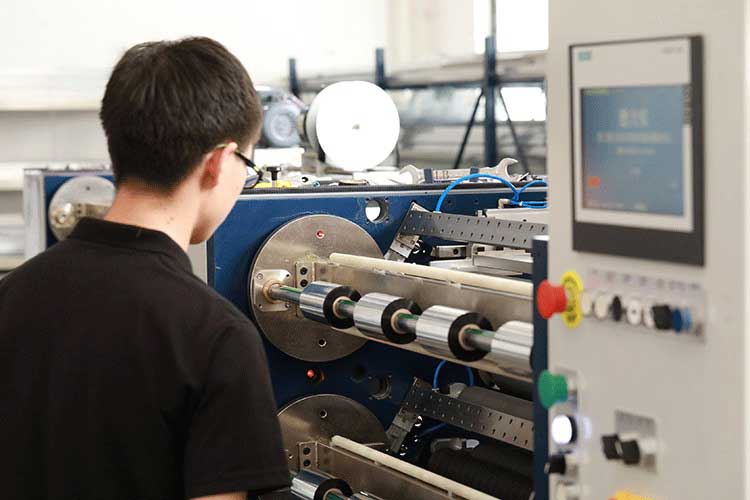
Introduction of slitting machine:
Slitting machine is a kind of mechanical equipment that cuts materials into multiple narrow shapes, mainly using Chinese paper, wire and printing machinery.
Slitting machine principle:
The slitting machine will carry out a fixed length slitting process of the whole roll or the whole sheet of raw material material, and the length can be set in contact, and if there is an error in the actual length, it can also be adjusted by parameter setting.
Slitting machine operation process:
1. the boot part
1. Turn on the electrical isolation switch, press the Emercencystopreset button and the Readytprun button, the key will open the Machine to Run mode, and check whether the voltage and current are correct and stable on the main console.
2. Turn on the hydraulic power supply, and check whether the oil level and pressure gauge display of the main hydraulic drive system are correct and stable.
3. Open the starting shut-off valve and check whether the air pressure is correct, not less than 6.0bar and stable.
2. Parameter setting part
1. Set the film type, thickness, length, width, etc. as needed.
2. Lift the corresponding BOPP film file from the PDF.
3. Set the winding length and width of the corresponding specification film.
4. Select the corresponding winding station, adjust the roller arm and roller, and install the paper core of the corresponding specification.
3. Feeding, film piercing and film connection part
1. Feeding: According to the plan requirements, according to the actual situation, the corresponding mother coil on the aging rack is placed on the unwinding frame of the slitting machine according to the internal and external selection direction of the corona surface, and the steel core is clamped with the control button, leaving the steel core support arm and driving.
2. Film penetration: When there is no film on the slitting machine, film penetration must be carried out. Using the slitting machine film piercing device and function key, one end of the original film is tied to the film threading chain eye, and the film threading button is activated, so that the film is smoothly distributed on each roller along the slitting process.
3. Film splicing: When there is a film on the slitting machine and the roll change joint, the vacuum film splicing table is used to start the film splicing table to the working position first, and the film on the traction roller of the slitting machine is manually flattened and the upper vacuum pump is started to suck the film, so that the film is smoothly adsorbed on the film receiving table, the double-sided tape is pasted and the excess film under the tape is cut, the film on the unwinding rack is flattened and the lower vacuum pump is started to make the film flat adsorption.
4. the start-up operation part
1. Change the specifications, the paper core on the inner and outer winding arms, and the pressure roller is in a state of preparation for operation, ready for operation.
2. PUT THE ANTI-STAICBARS ON THE MAIN CONSOLE TO AUTO, READYTORUN IS TURNED ON, AND THE MACHINERUN IS STARTED.
5. Slitting control
In the process of slitting operation, the operation effect is monitored, and the contact pressure, arc roller, edge material traction roller, edge guide edge, slitting speed and unwinding tension are adjusted.
6. the receiving part
1.1. When the inner and outer end of the winding machine is finished, use the film removal button to put the film on the prepared film unloading trolley, cut the film and paste the film roll with sealing glue.
2. Use the chuck release button to release the card head, check whether the paper core of each film roll leaves the paper core, if one end is still stuck on the paper core, manually remove the film roll.
3. Make sure that after all the films leave the chuck and put them on the trolley, use the film loading button to raise the rewinding arm, install the corresponding paper core, and attach the film neatly to the paper core to carry out the next slitting.
7. Parking part
1. When the film roll runs to the set length, the equipment will stop automatically.
2. During the operation of the equipment, you can press MACHINESTOP to stop as needed.
3. When you need to stop quickly, press the MACHINESTOP key for more than 2S.
4. When there is an emergency such as equipment or man-made accidents, press EMERGENCYSTOP to make an emergency stop.
Precautions for operation of slitting machine:
1. The spindle speed change needs to be carried out after stopping. The gears should be fully engaged when changing speeds. When it is found that the machine tool is abnormal, it should be stopped immediately for inspection.
2. Adjust the tool and clamp the work object before cutting. The length of the clamping part shall not be less than 50 mm. The parking baffle should be fixed, and the work can only be carried out after the order of clamping, loosening, forward, backward and so on.
3. When the machine tool is rotating, no part of the human body shall touch the transmission parts. When operating, the cuffs should be tied well, and it is strictly forbidden to wear gloves to work. The human head should deviate from the direction of cutting.
4. When changing tools, measuring workpieces, lubricating, and cleaning the pipe head, it is necessary to stop and carry out.
5. When cutting the pipe head, it is necessary to prevent the pipe head from flying out and hurting people.
6. When the long material pipe is put into the material rack and the strapping lead wire is loosened, measures should be taken to prevent the pipe from rolling, impacting and crushing people.
7. When using the grinding wheel slitting machine, check whether the grinding wheel is defective, cracked, damp, and whether the power cord is reliable in advance.
8. The dust removal device is in good condition before it can be processed.
9. No people should stand in the direction of workpiece inlet and outlet.
Recent Post
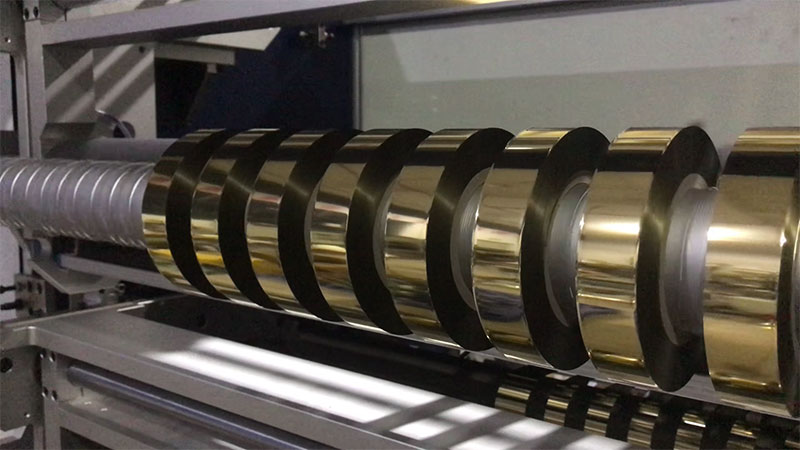 High-precision slitting machine helps label printing - key technology analysis of edge uniformity29. April, 2025
High-precision slitting machine helps label printing - key technology analysis of edge uniformity29. April, 2025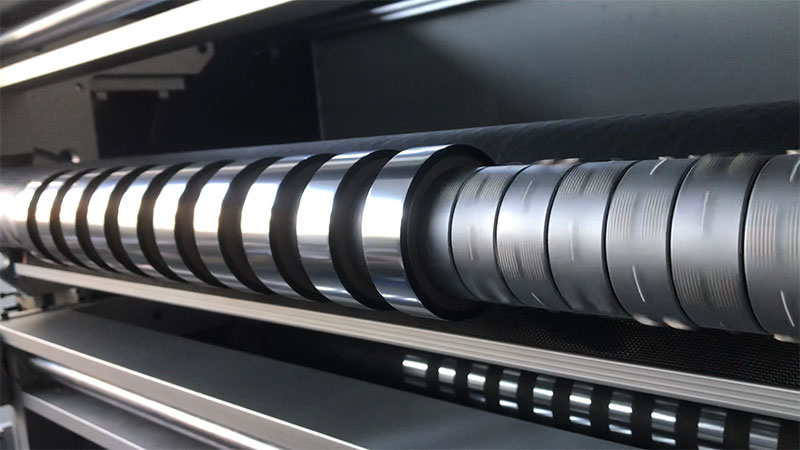 Carbon Fiber Composite Slitting Solution: How Does the Slitting Machine Solve the Problem of Brittle Materials?29. April, 2025
Carbon Fiber Composite Slitting Solution: How Does the Slitting Machine Solve the Problem of Brittle Materials?29. April, 2025 The core role and challenges of slitting machine in the production of lithium battery separator29. April, 2025
The core role and challenges of slitting machine in the production of lithium battery separator29. April, 2025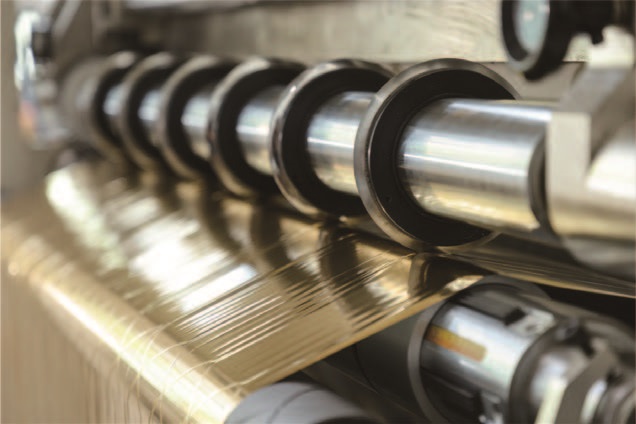 The Revolution of Slitter in the Flexible Packaging Industry: How to Achieve Zero Waste Slitting?28. April, 2025
The Revolution of Slitter in the Flexible Packaging Industry: How to Achieve Zero Waste Slitting?28. April, 2025
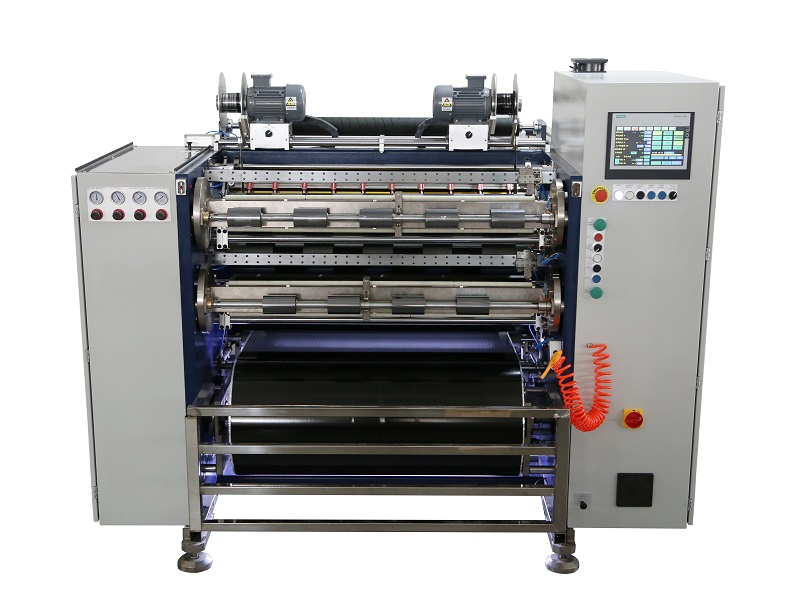 Fully Automatic TTR Slitter RSDS8 Plus
Fully Automatic TTR Slitter RSDS8 Plus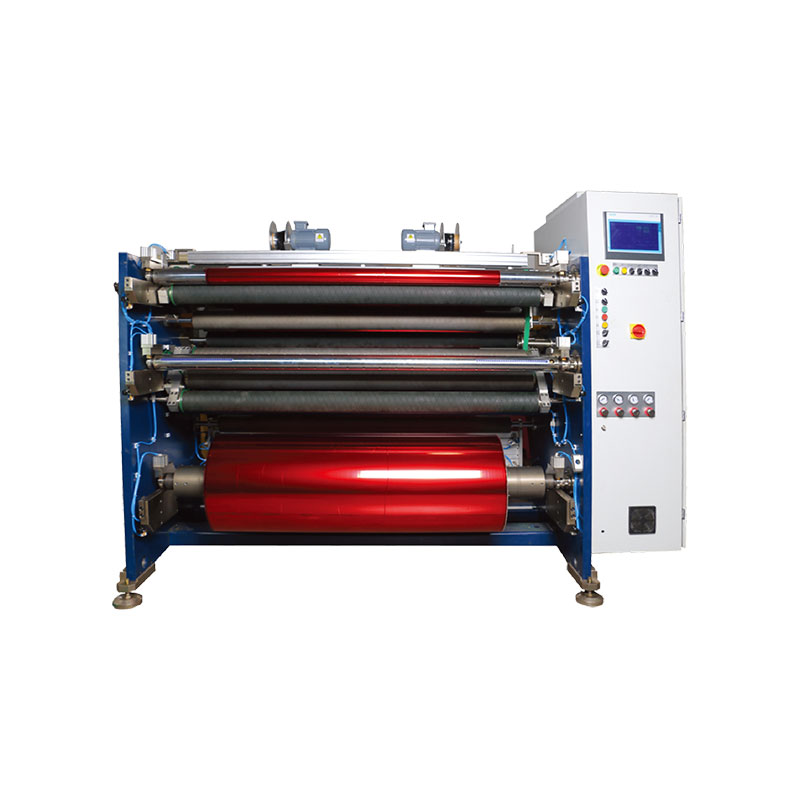 Hot Stamping Foil Slitter 1600mm
Hot Stamping Foil Slitter 1600mm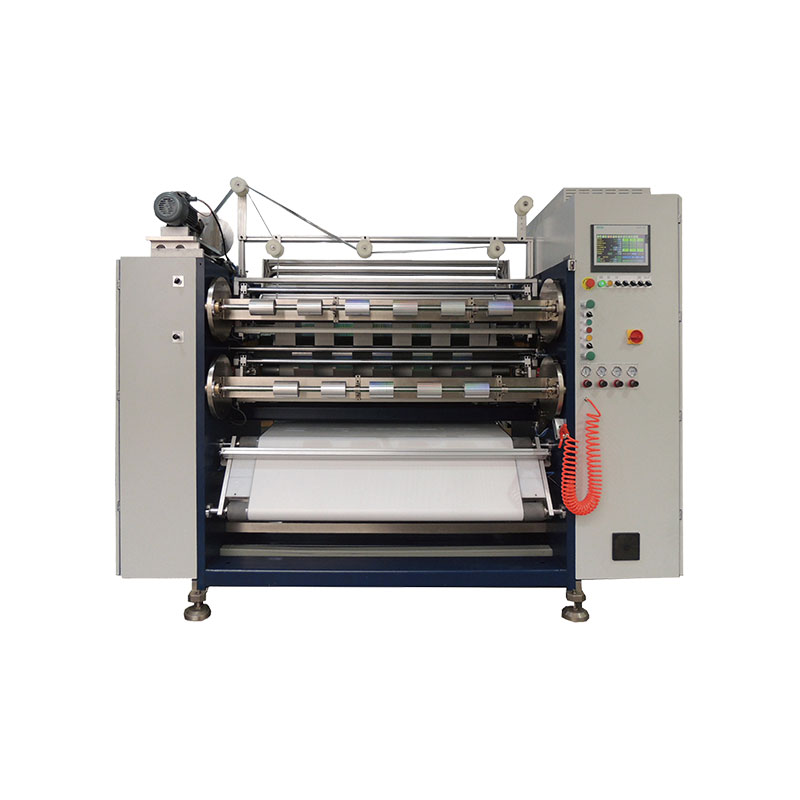 Hot Stamping Foil Slitter (4 Shafts)
Hot Stamping Foil Slitter (4 Shafts)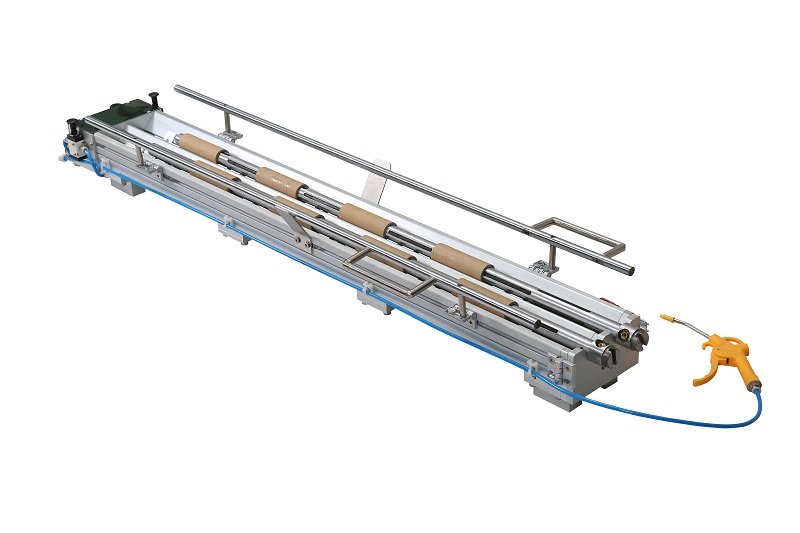 Paper Core Loading Machine
Paper Core Loading Machine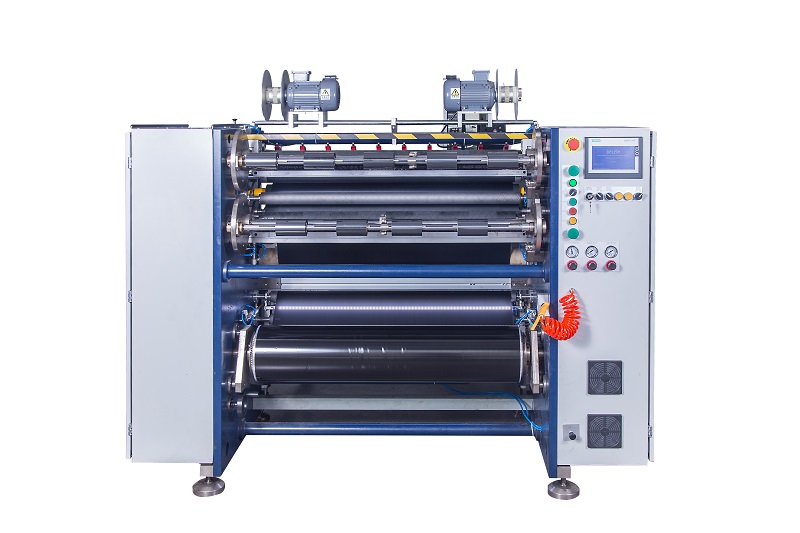 Semi-Auto TTR Slitter RSDS2 Plus
Semi-Auto TTR Slitter RSDS2 Plus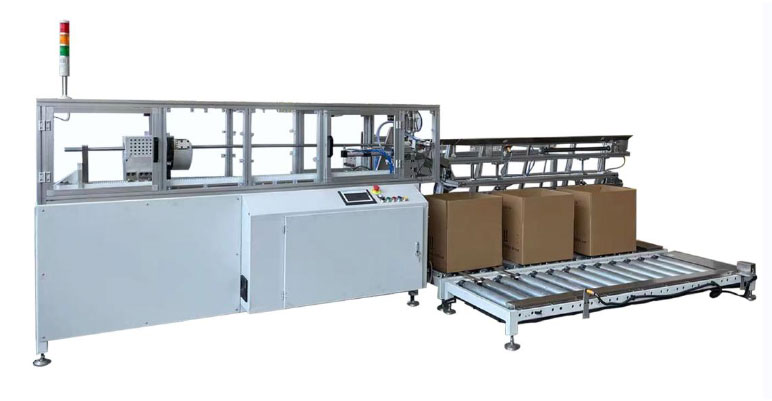 Auto Paper Core Cutter
Auto Paper Core Cutter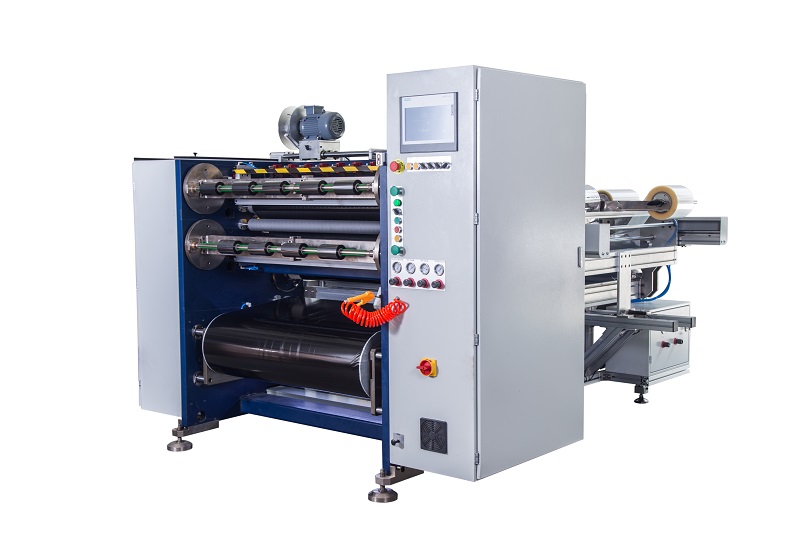 Semi Automatic TTR Slitter RSDS5 Plus
Semi Automatic TTR Slitter RSDS5 Plus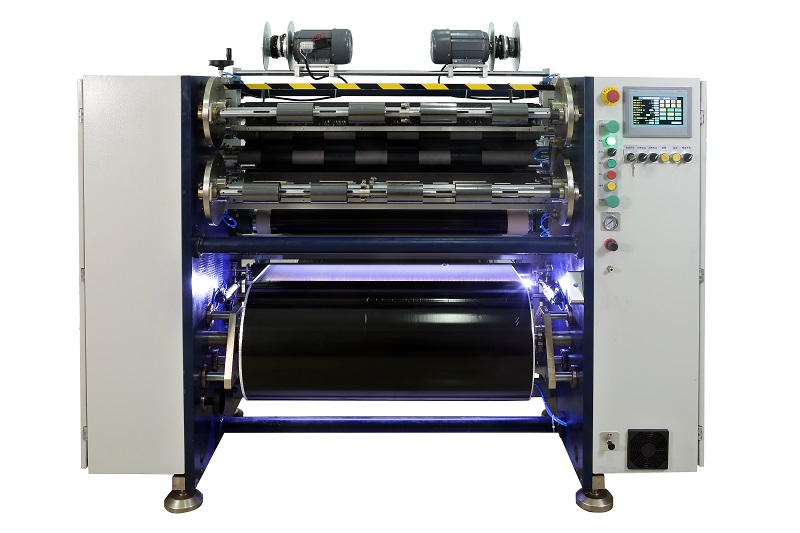 Manual TTR Slitter RSDS2
Manual TTR Slitter RSDS2





